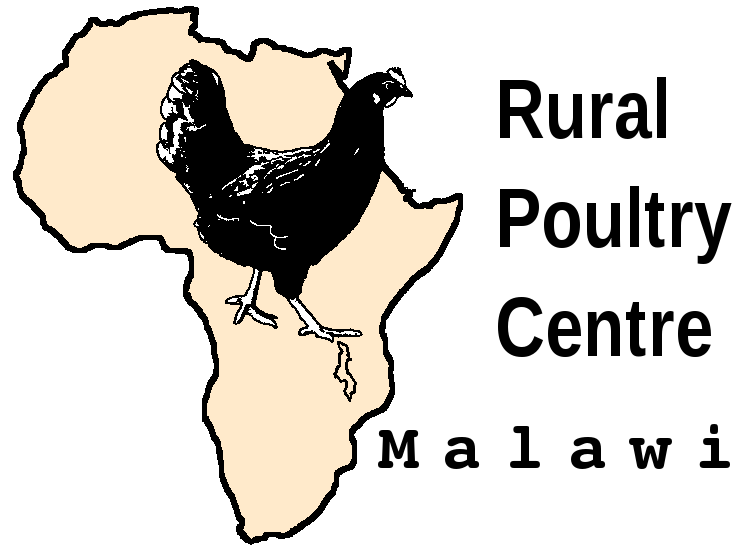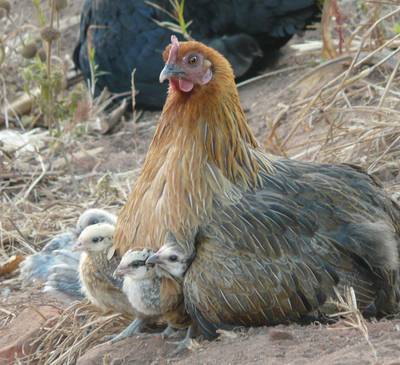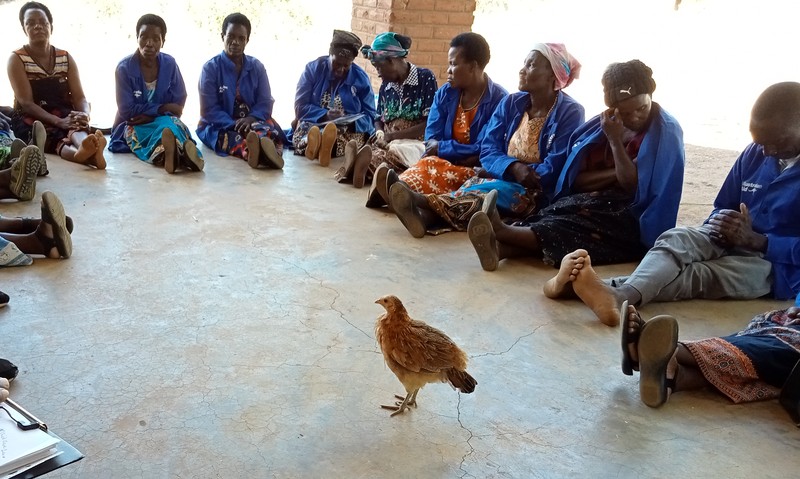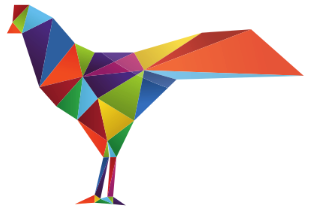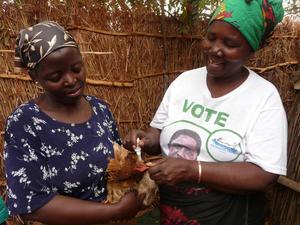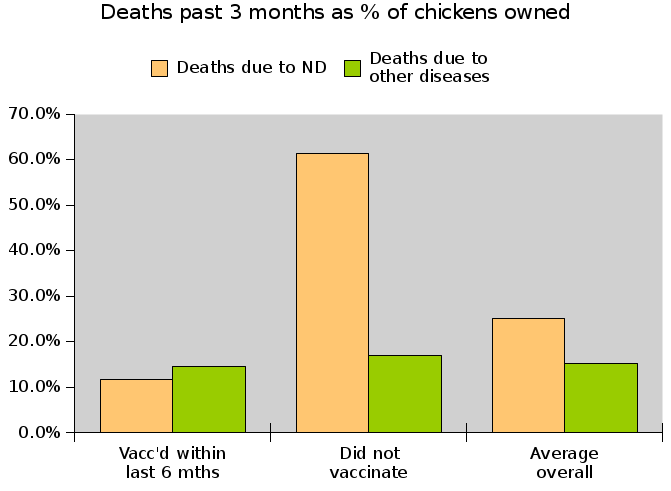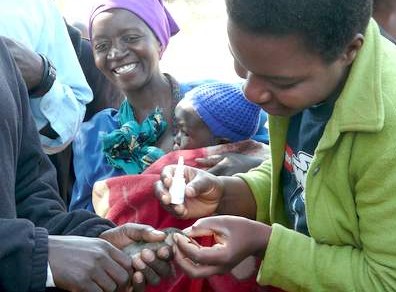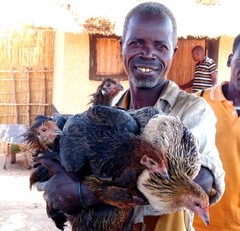What's happening...
Our quiet I‑2 vaccine team
The other day, a young Australian veterinary colleague was asking about our work in Malawi. "You must have very specialised knowledge to be doing that." she said.
"Oh no, not at all!" I protested, "It's mostly about making sure the truck does actually arrive." My point was that (aspiring international development workers take note) it's making things happen that's important, paying attention to avoiding hidden risks and pitfalls, getting there, not so much complicated science.
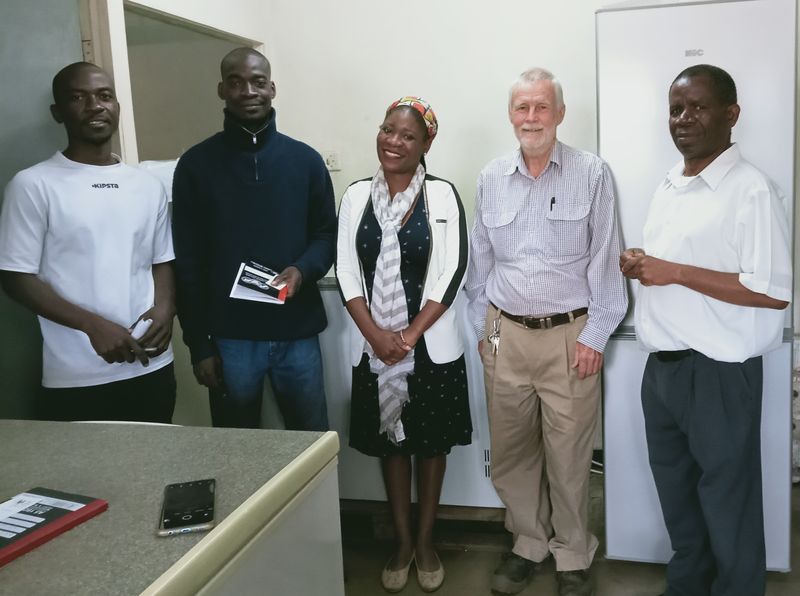
Lawrence Mwanjasi at left and Precious Dzimbiri at right
with Moubarack Abdoulaye, Adija Masambo and myself at the VPU.
I guess that's true in most enterprises but especially if you are in the business of manufacturing a vaccine. Enter: the diligent team at the vaccine production unit at Central Veterinary Laboratory in Lilongwe where the I‑2 Newcastle disease vaccine is produced. I won't go into detail but as vaccines go, making I‑2 is relatively simple - not a lot of complicated science there. But you definitely need careful attention to detail at every step in the process - one mistake and a whole batch might be lost.
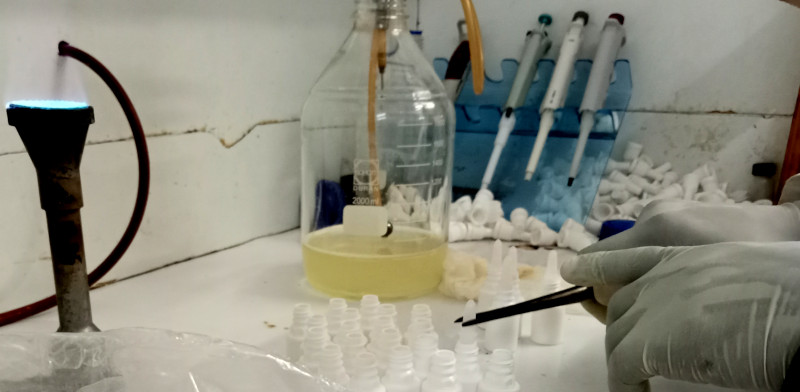
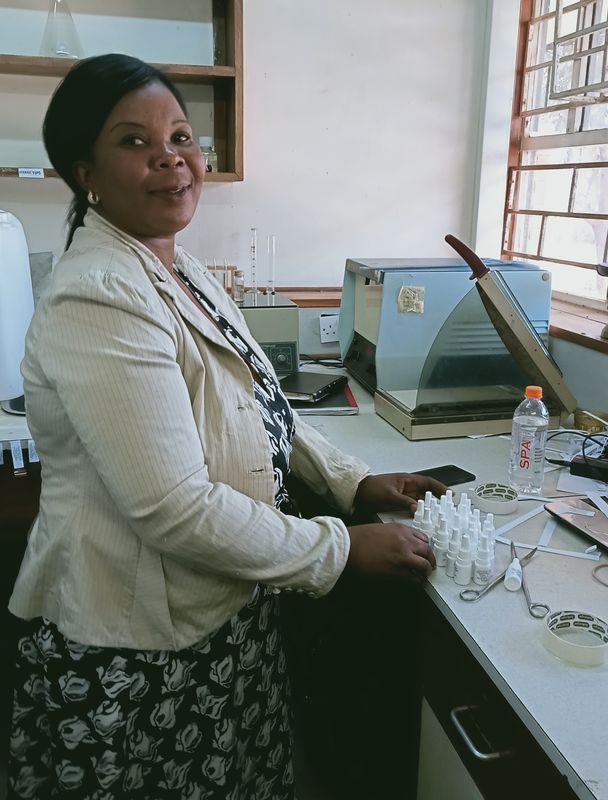
So I want to pay special tribute to that valued team at the VPU because they are a little bit hidden from view. With strong support from the Government's livestock department, they ensure a continuing supply of the I‑2 vaccine which is a critical element in the control of Newcastle disease in village chickens. Without this team, without the I‑2 vaccine, our work in the villages would be a much more daunting task - I'm not even sure we would be here!
Of course, not everything goes perfectly all the time and demand for the vaccine is steadily increasing, which is why, with the blessing of the department, we recently engaged our previously supported university student, Adija Masambo, who is now working with the VPU team to gather information and help manage for anticipated peaks in demand so that wider use of the vaccine is possible. It is definitely important - a few simple calculations show that there is still an ocean of chickens out there in need of vaccination.
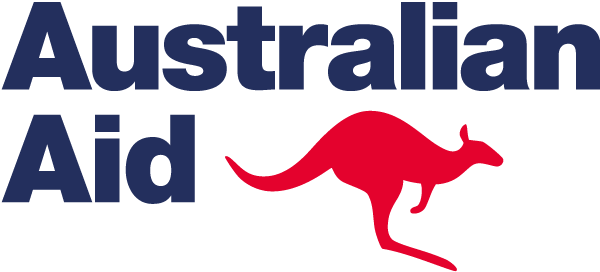
Meanwhile, aided by the Australian government through the Australian NGO Cooperation Program (ANCP) in all this, we will press on out in the villages, spreading the word and equipping more and more communities with the wherewithal to beat off Newcastle disease and get the best out of their chickens. On that score, I'm itching to tell you about our recently completed impact assessment in Mchinji but that story will have to wait till next time! Stay tuned - it's good news!
Pat Boland
25 September 2022


